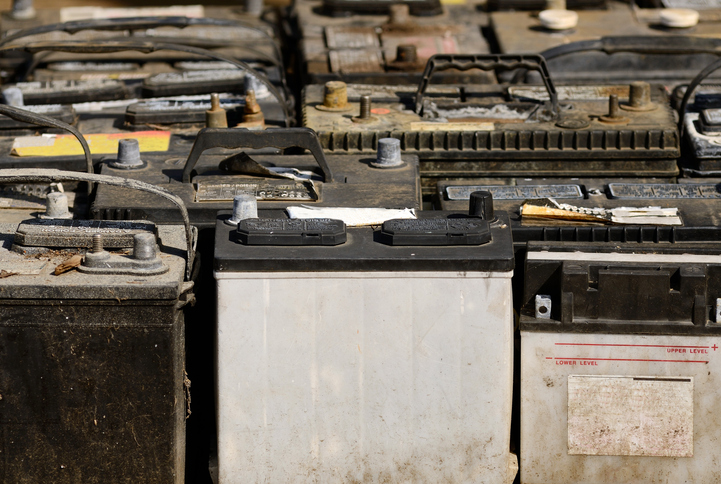Project Example: ORCHESTER
The Fraunhofer flagship project ORCHESTER was initiated to address these pressing challenges by developing a digital ecosystem to ensure a sustainable and resilient supply of functionally reliable materials. Launched in January 2024 and involving six Fraunhofer Institutes, ORCHESTER takes an interdisciplinary approach to create innovative solutions for managing critical materials.
The project aims to broaden the spectrum of usable materials, increase the share of recycled content in production processes, and reduce dependence on rare earth elements from primary sources. Central to ORCHESTER is the shift from traditional material specifications based on composition to specifications based on functional properties, enabling quicker substitution of critical materials and fostering resilience in material supply.
Key Demonstrators
- Nickel Reduction in Bipolar Plates. ORCHESTER explores methods to reduce the nickel content in bipolar plates used in electrolyzers, fuel cells, and heat exchangers: components whose costs are heavily influenced by nickel, a high-risk critical element. By maintaining the essential functional properties of these plates, the project minimizes reliance on nickel without compromising performance.
- Enhancing Recycled Content in Aluminum Alloys. The project targets compressor wheels for hydrogen pipelines, fuel cells, and heat pumps, aiming to maximize the use of secondary aluminum alloys. High-throughput experimental and simulation methods identify effective alloy variations to reduce the energy footprint while ensuring material integrity.
- Recycling Permanent Magnets. A key focus is the reuse of permanent magnets from electric motors and wind turbines. ORCHESTER employs advanced simulation models and machine learning techniques to predict the impact of impurities on magnetic performance and to determine optimal alloying compositions.
Team Materials Informatics at Fraunhofer IWM leads the development of ORCHESTER's digital ecosystem, which integrates and connects data across the value chain. This platform provides tools for exploring and expanding material data, enables proactive decision-making through early warnings on material flows and criticality, and offers data-driven recommendations using AI-based insights.
The institute plays a crucial role in all three demonstrators, with a particular focus on increasing the recycled content in aluminum alloys by addressing impurity management. Fraunhofer IWM also contributes to modeling and simulation efforts for material selection and specification, as well as criticality assessments for permanent magnets. Both physical models and AI methods are utilized to enhance the reliability of material properties and processes.
to top

 Fraunhofer Institute for Mechanics of Materials IWM
Fraunhofer Institute for Mechanics of Materials IWM
